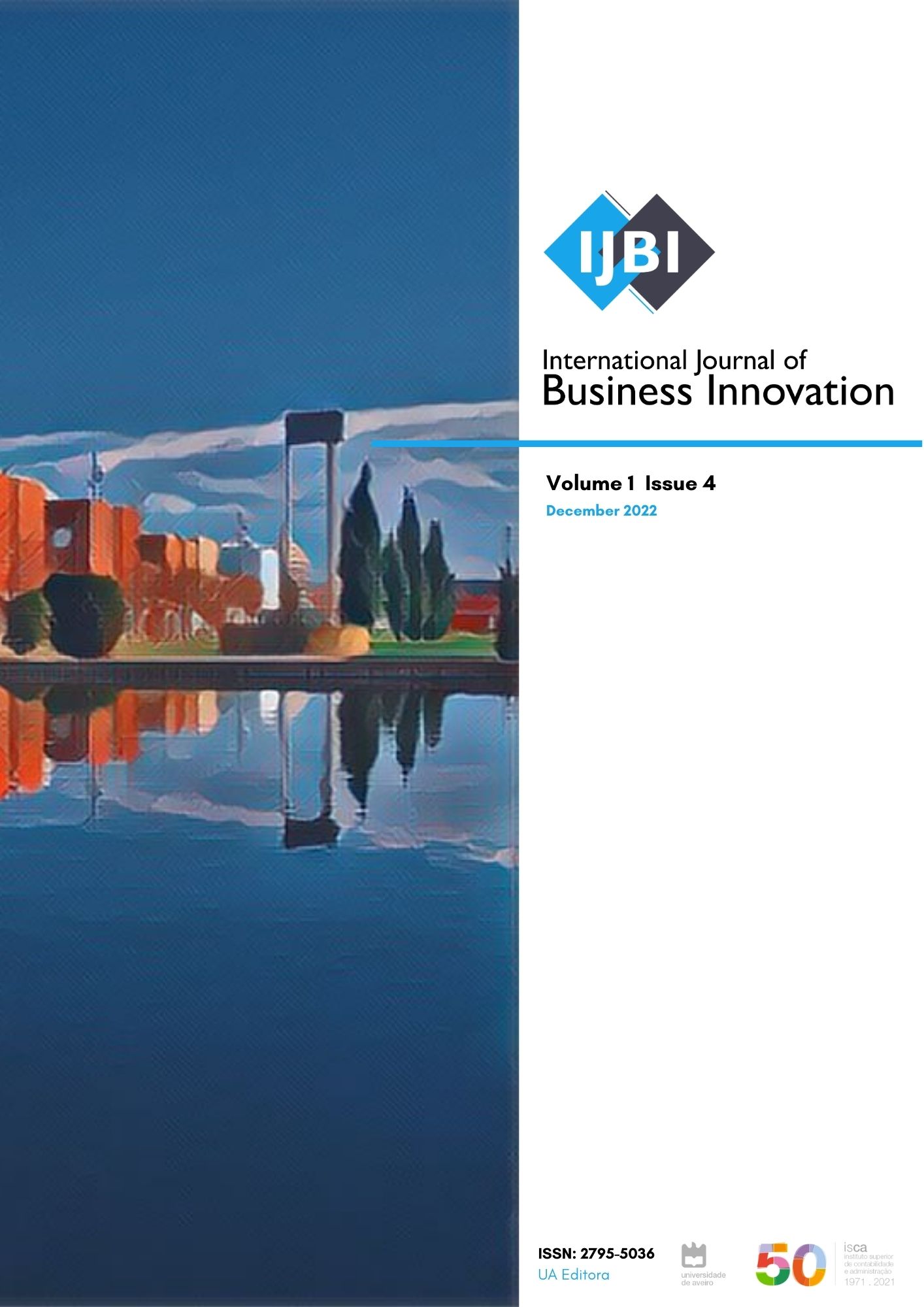Public accounting in Cape Verde
Current Situation and Future Perceptions
DOI:
https://doi.org/10.34624/ijbi.v1i4.30243Keywords:
Public Accounting in Cape Verde, IPSAS, Accounting harmonization, Public Accounting Reform, Public SectorAbstract
This article is part of the reform initiated with the publication of the International Public Sector Accounting Standards (IPSAS), although limited to the accounting regulations applicable to the public sector in Cape Verde, with the objective of identifying the degree of implementation and adequacy of the applicable regulation in Cape Verde and the future perception of a possible reform to accounting IPSAS. Its development follows a qualitative methodology, essentially descriptive, with information collected using an interview survey, applied between October and December 2019, by e-mail, to senior technicians of the Public Administration of Cabo Verde. The results point to the existence of some weaknesses and inoperability, resulting from the current regulation, but which are due its low degree of its implementation and not to its inadequacy. They therefore suggest some improvements to update and generalize its implementation, but not a reform, as it has sufficient capacity to meet the needs of the Public Administration in Cape Verde.
References
Downloads
Published
Issue
Section
License
When submitting an article to the IJBI, authors certify the following clauses:
-
Originality and single submission– The contents presented in the article have not been published previously in whole or in part, and were not submitted or are not under active consideration elsewhere prior IJBI decision. The article must be authentic and does not contain plagiarism.
-
Authorship– All authors reviewed the article, agreed with its content, and agreed to its submission to the IJBI.
-
Conflicts of interest– Any conflict of interests must be declared. If authors have no declaration, it should be written (in the acknowledgments section): “The authors declare no conflict of interests”.
-
Ethics committee and informed consent(if applicable) – The research must be approved by an independent ethics committee and subjects gave their informed consent before they were enrolled in the study.
- Authors retain copyright and grant the journal the right of first publication with the work simultaneously licensed under a Creative Commons CC BY 4.0.



